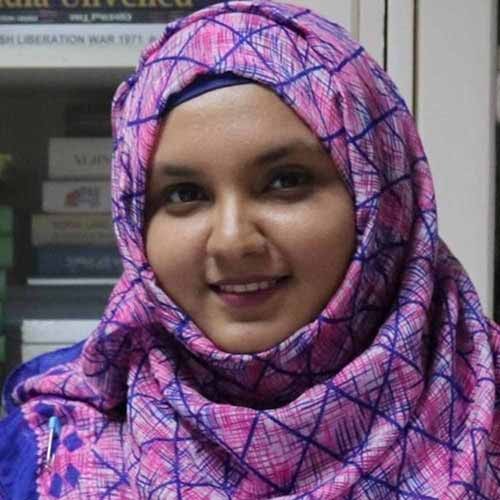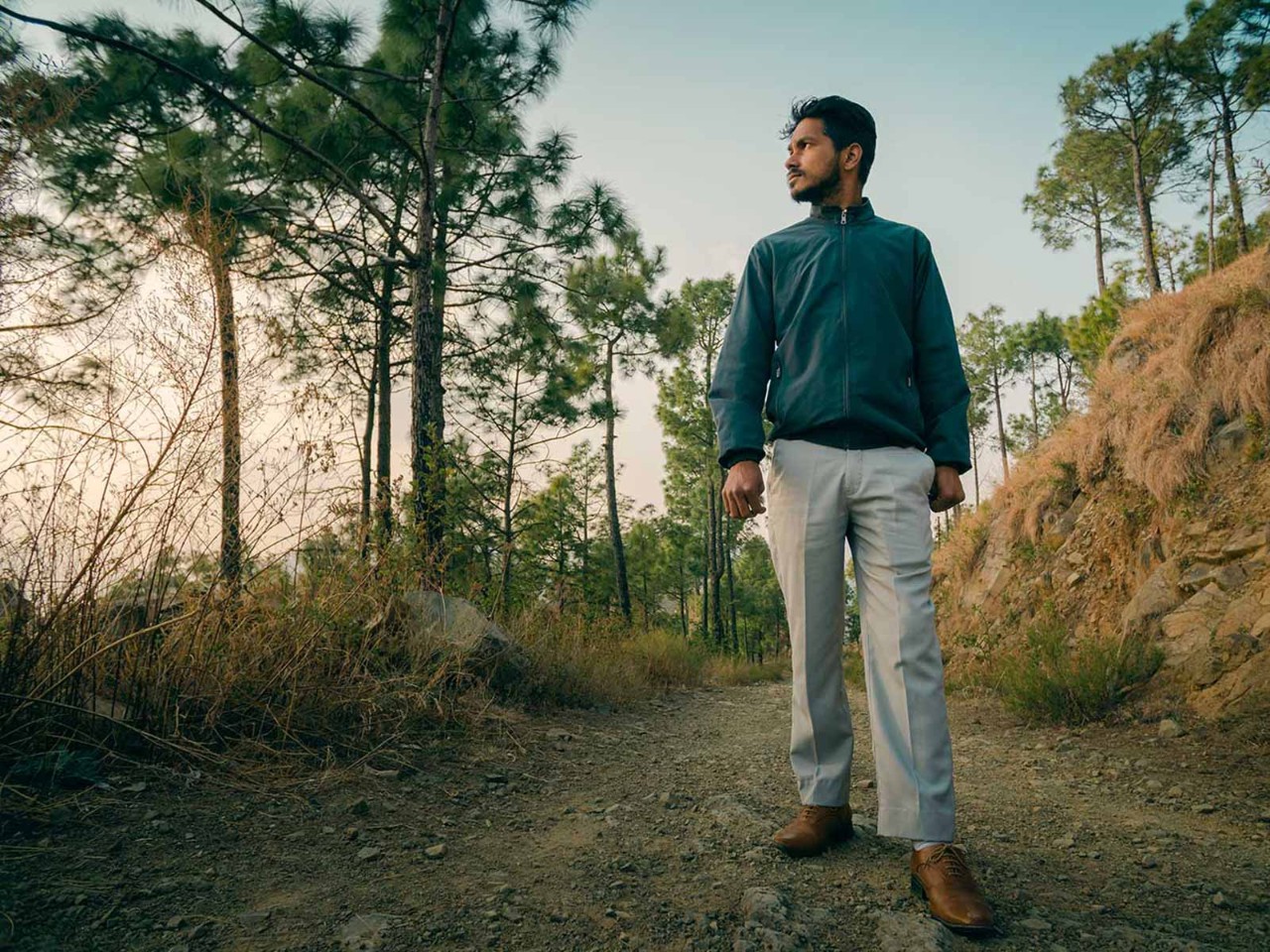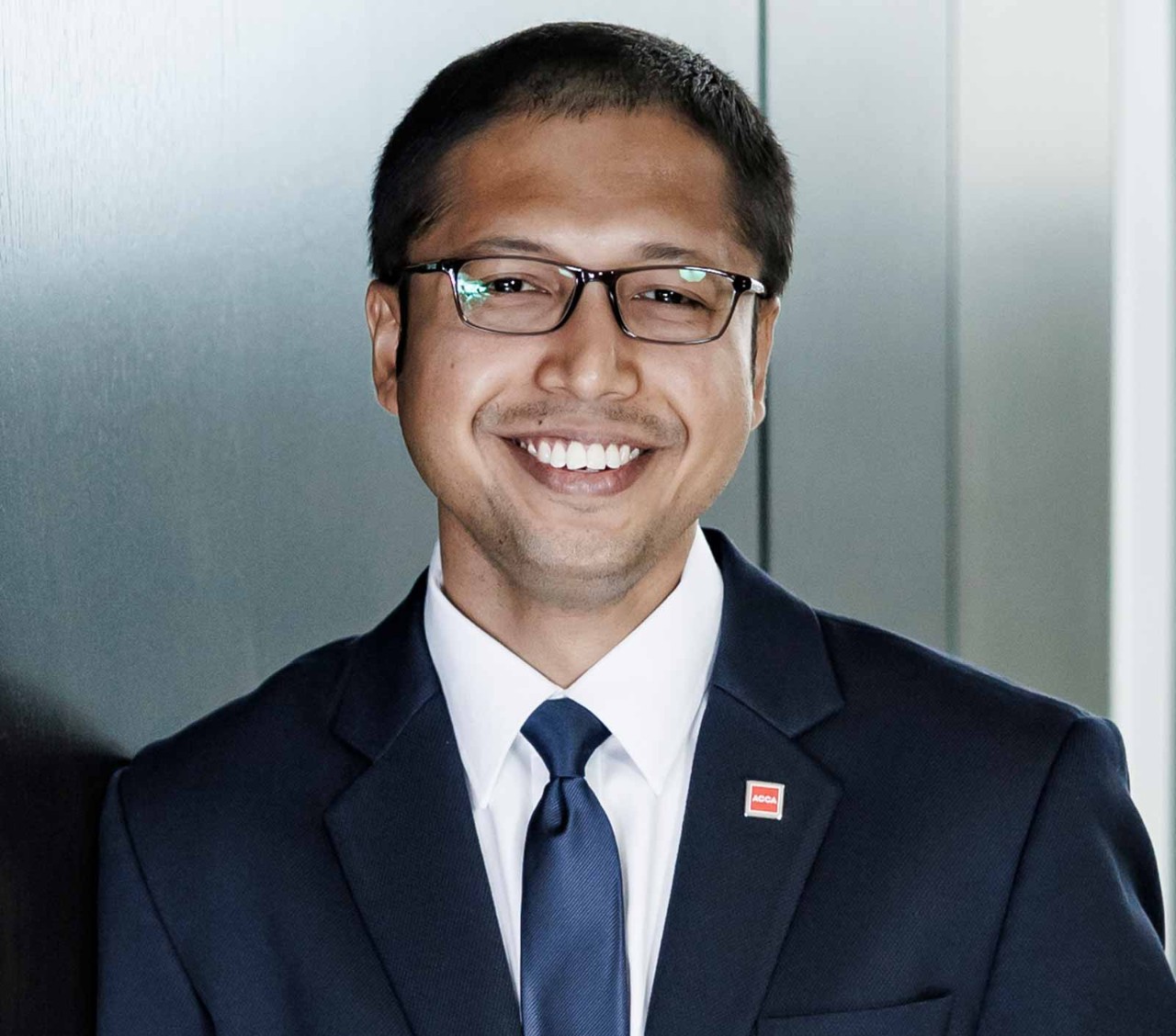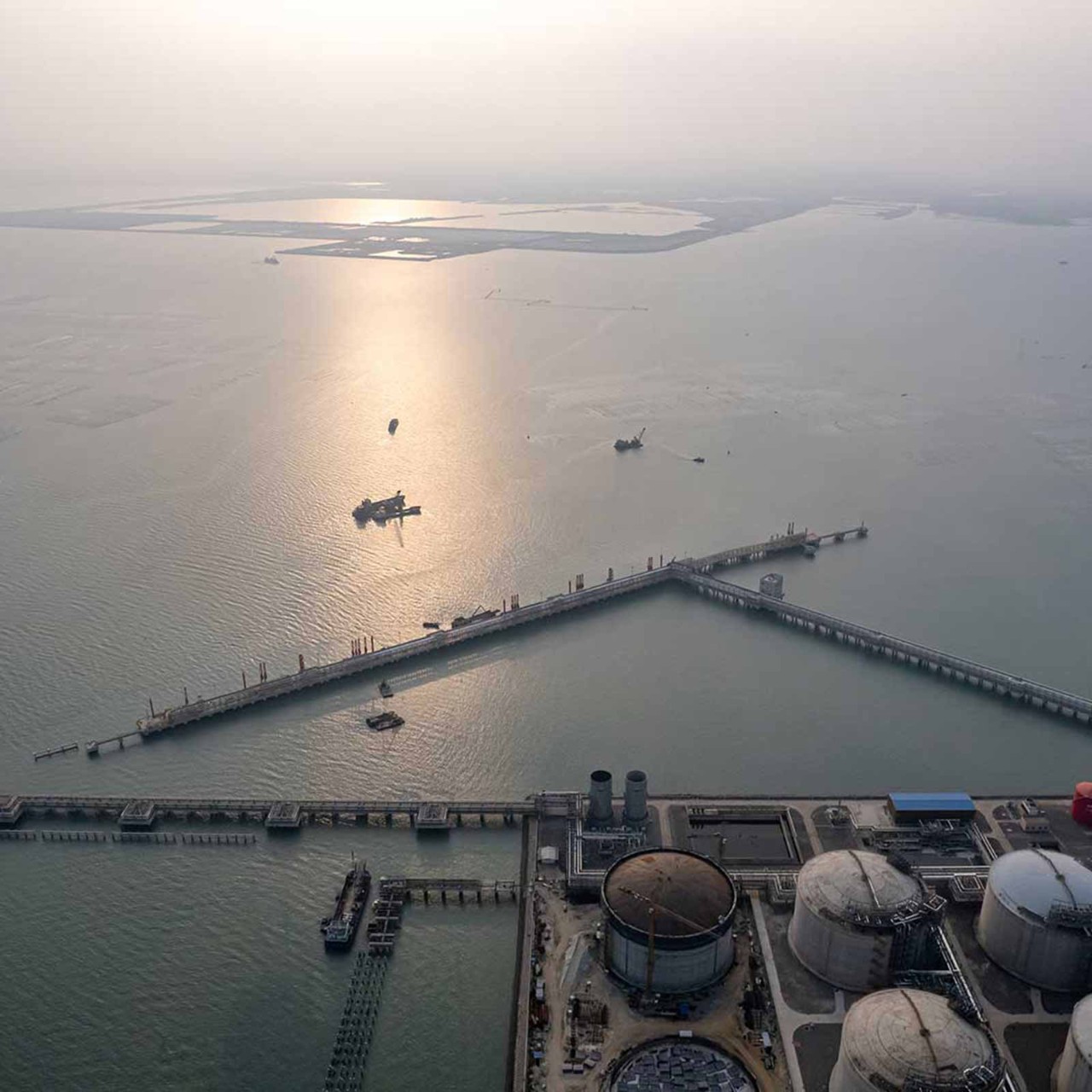
As leader of the finance function at Dulsco, Martin Bradley FCCA is helping Dubai’s giant manpower and waste management company to build the emirate – literally.
The company’s substantial workforce of skilled and unskilled employees is engaged in all kinds of activities across Dubai and the other emirates. It has an army of welders, steel fixers, engineers, masons, carpenters, plumbers, painters and electricians at work on the construction of hundreds of development projects. It also supplies contract staff – for accounts, customer service, retail, sales, etc – for the emirate’s talent-hungry healthcare, IT, engineering, logistics, insurance, banking and hospitality businesses.
‘I’m a CFO, but not a lot of it is finance when it comes down to it’
An expatriate Scot, Bradley himself has been building his career in Dubai since 2009. Until he arrived at Dulsco in 2019, he was moving job every two to four years. ‘I love change,’ he says.
Business advantage
It’s all about Dulsco now, though. Having started in 1935 as a stevedore business, loading and unloading ship cargoes, Dulsco now has 14,000 employees and even operates its own staff village, which has everything from sporting facilities to a healthcare centre. Indeed, it was on one of Dulsco’s football pitches that Bradley first learned about the company and its reputation for a ‘family-like’ culture.
When he joined the company, it had just won the contract to be waste management partner to World Expo 2020. Just as Dulsco’s labour supply business is building and maintaining the emirate, so its waste management arm is bolstering Dubai’s own diversification away from a petro-economy to the industries of tomorrow.
As the company’s new CFO, Bradley was quickly immersed in three key projects – a materials recovery centre, a recycling plant that turns marine oil into water for irrigation and fuel oil, and a refuse-powered fuel facility – developing the business model for two of them.
CV
2019
CFO, Dulsco, Dubai
2018
Chief financial and support officer, Etihad Rail, Abu Dhabi
2009
Series of financial leadership roles in Dubai
1994
Series of audit and finance roles in Scotland, followed by two years in Singapore
Finance-plus
‘You know, it’s strange,’ he says. ‘I’m a CFO, but not a lot of it is finance when it comes down to it.’
He is reflecting on his four years as CFO, during which time he has helped steer the company through a restructure and an IT overhaul, as well as being point man on two acquisitions, not to mention launching major new services that underpin the UAE’s drive for sustainability.
‘I don’t think there’s been any day where I’ve thought, oh, that was easy!’ he says, adding with enthusiasm: ‘It’s just non-stop, non-stop.’ He jokes that he is juggling so many projects he couldn’t say if the company’s balance sheet reconciles.
It surely does, though. He so lights up when he talks about his work and his passion for Dulsco that it’s impossible that anything as basic as a balance sheet could ever be overlooked.
‘To get a job somewhere else I really needed to have the letters after my name’

A place in the sun
So what brought Bradley to Dubai in the first place? Returning home to Scotland in 2008 after a stint in Singapore setting up an office for his then employer, he says it soon became clear that something fundamental had changed. He, his wife and his family realised they wanted to be living their lives somewhere a great deal warmer than their native country. So they promised themselves that within 12 months they would be living and working ‘somewhere sunny’.
It was no idle fantasy. Their target countries were Australia, Dubai and, of course, Singapore, where they had developed the taste for living in a very different climate to Scotland’s. That 12-month deadline was hit, and by 2009 Bradley was working for MK Commercial Holdings, a Dubai company with interests in consumer goods, construction services and real estate.
He subsequently worked for waste services business Bee’ah in Sharjah, and for Etihad Rail, the company behind the massive construction project to create a rail network across the UAE from scratch, personally modelling the business plan for the AED20bn (US$5.45bn) second phase of the Etihad rail network and disproving warnings it would need traffic from Saudi Arabia to be viable.
ACCA reboot
Yet pulling off that initial move to Dubai entailed a particularly big step for Bradley: finishing his ACCA qualification. He had let his studies go for eight years, learning what he needed on the job, and still had three exams to pass to become fully qualified. Nothing daunted, however, he applied himself to the challenge with his customary energy and enthusiasm.
‘Without the qualification, nobody would have looked at me,’ he says. ‘I didn’t need the recruiters to tell me that. I’d left it, not really focused on it, and realised that for me to get a job somewhere else I really needed to have the letters after my name.’
Successful completion brought a real appreciation of the qualification, even though he had been in finance for a decade before passing the final exam. ‘The qualification really crystallised my knowledge and helped me understand why things were happening the way they were. When you marry it up with experience, it becomes really powerful.’
‘If our ACCA trainees want to stay with us, great; if not, we’ve done a great thing for the community’
It’s a power that he’s keen to help others acquire and that is also letting Dulsco play a full part in emiratisation – the government initiative to expand the number of local employees in the private sector. Dulsco has set up a transactions unit employing locals in Ras Al-Khaimah where visa and ‘gate pass’ applications are handled, and while some finance roles have been moved to the centre, Bradley now has a grander scheme in mind: to train local nationals to become ACCA-qualified accountants.
‘My idea when I heard about emiratisation was to bring in fresh graduates and create a training programme so that at the end of three years, we would produce qualified accountants,’ he explains. ‘If they want to stay with us, great; if they decide to move on, then we’ve done a great thing for the community.’




